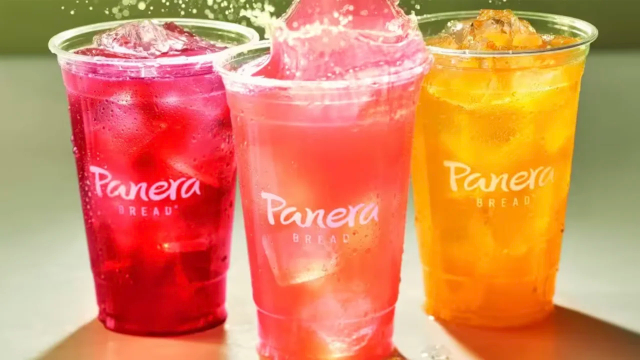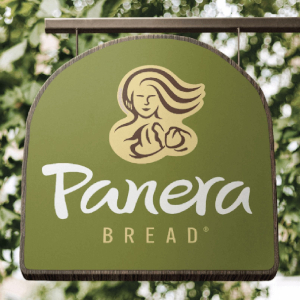Panera – the bread and bowl eatery – has generally managed to avoid the glare of bad publicity. But now, Panera is being sued by the family of a young woman who died after drinking the chain’s ‘Charged Lemonade’. How much caffeine is too much?

Panera jumped aboard the ‘energy drink’ bandwagon last December with what it dubbed ‘Charged Lemonade’. The stuff comes in three flavours: Fuji Apple Cranberry, Strawberry Lemon Mint, and Mango Citrus. They certainly sound enticing. And if it promises the caffeine boost you think you need to get through a gruelling afternoon ahead, all the better.
Not so much for 21 year old Sarah Katz of Philadelphia. She died of a heart attack after drinking the stuff during a lunch out with friends last month.
The family’s story
Sarah’s parents charge, in their wrongful death claim, that Sarah actually suffered two cardiac arrests after drinking Charged Lemonade and died in hospital.
They speculate that Sara may have thought she was drinking regular lemonade. Otherwise, they say, she wouldn’t have ordered the ‘Charged’ version. You see, Sarah had a heart condition, diagnosed in childhood, called Long QT syndrome (LQTS). LQTS can cause fast and irregular heartbeats that can be life-threatening.
An adult who knew she had the disorder would likely have been extremely wary of foods containing stimulants. The lawsuit claims Sarah managed her LQTS with medication, and limited her caffeine intake.
Panera’s position
We were very saddened to learn this morning about the tragic passing of Sarah Katz, and our hearts go out to her family,” Panera told CNN in a statement. “At Panera, we strongly believe in transparency around our ingredients. We will work quickly to thoroughly investigate this matter.”
Not very forthcoming or informative. But that’s probably the way the resto chain’s lawyers told them to play it. Fair enough…
Some contentious ‘facts’
Panera says it followed all the rules formulating its Charged Lemonade. The company says the large size serving of the beverage contains 390 mg of caffeine. That comes in just short of the maximum safe ‘dosage’ of caffeine for healthy adults’ as defined y the U.S. Food and Drug Administration: 400 mg. For comparison, that’s the equivalent of 4 to 5 cups of regular coffee.
But Panera also states that 390 mg of caffeine is the same amount as one cup of their Dark Roast coffee. For me, the math just doesn’t add up.
The resto chain also revealed that Charged Lemonade is mixed in each individual resto by staff. There’s no centralized system for regulating the amount of caffeine in the beverage that eventually gets into a customer’s cup. “Its caffeine content is not controlled and, in turn, has an innate and dangerous potential to vary,” the lawsuit says.
Yet another circumstance to make an observer wonder… The lawsuit claims Sarah was a Panera regular, and had a ‘Sip Club’ membership that qualified her for free refills. So, it’s not known how much of the lemonade she actually consumed.
Nevertheless…
According to the lawsuit, “[The] Defendants market, advertise, and sell Panera Charged Lemonade as a product that is ‘Plant-based and Clean.” Sarah’s family wants the stuff labelled clearly as an energy drink, so other folks with stimulant issues can avoid it.
“We want to make sure that the drink includes a warning, or is taken off the shelf,” the Katz’s lawyer Elizabeth Crawford said. “It’s a dangerous energy drink and it’s not advertised that way. We want to make sure this does not happen to someone else.”
Sarah’s family is seeking unspecified, “compensatory and punitive damages.”
We’ll keep an eye on this one, and update you when appropriate.
~ Maggie J.

